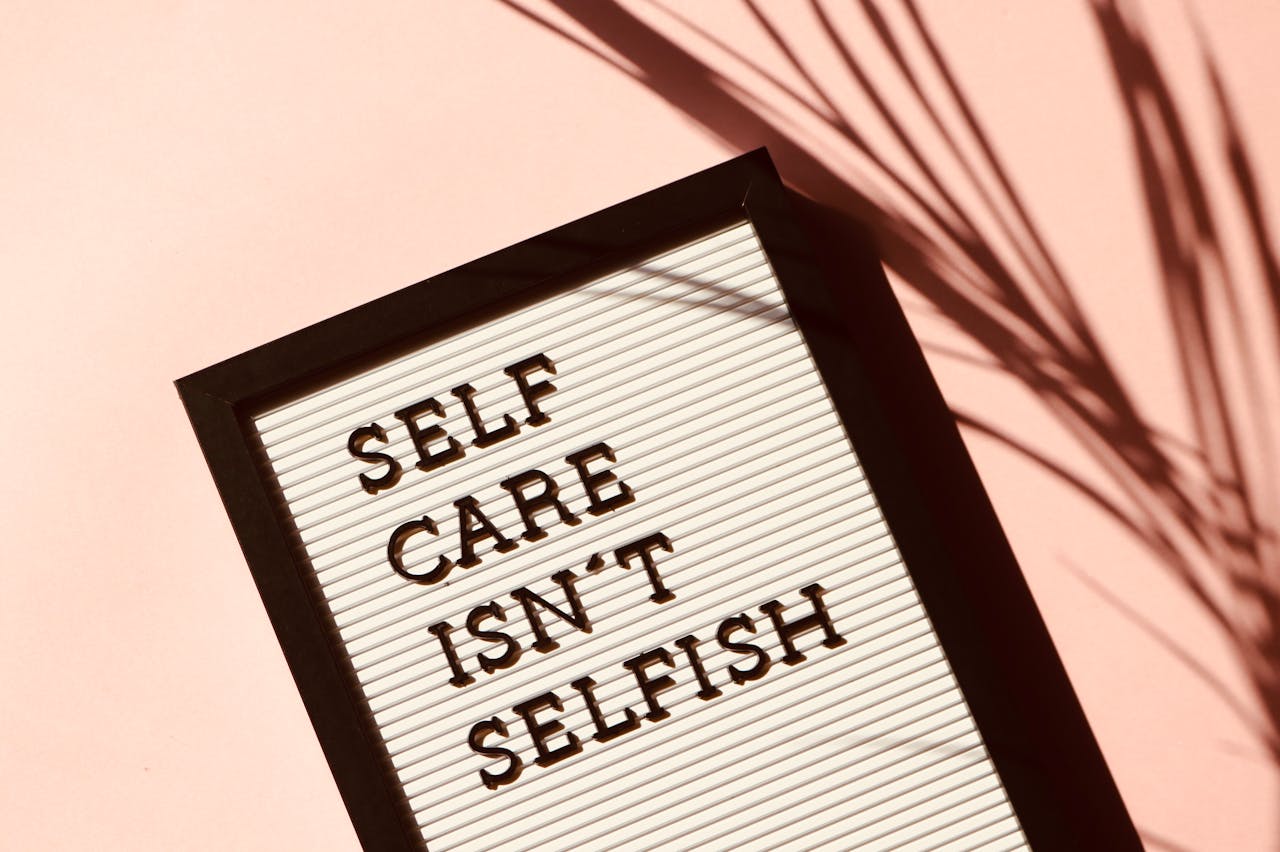In the rapid pace of today’s world, mental health is of utmost importance. With the demands of work, social media, and daily life, numerous individuals face stress and anxiety. Learning to manage these emotions can greatly enhance your overall quality of life. Here are some practical approaches to help you deal with stress and anxiety, fostering a healthier mental state.
For More Articles check out wishablog.
Understanding of Stress and Anxiety
Before exploring strategies, it’s vital to grasp what stress and anxiety entail. Stress responds to external demands, while anxiety is a more enduring sensation of worry or fear. Both can appear in physical and mental forms, affecting your daily existence if left unaddressed.
1: Practice Mindfulness and Meditation

Mindfulness means being entirely present in the moment, which can alleviate stress and anxiety. Activities like meditation, deep breathing exercises, and yoga can help center you. Try to dedicate just 10-15 minutes each day to these practices:
Meditation: Locate a quiet area, close your eyes, and concentrate on your breathing. Allow thoughts to pass through without judgment.
Deep Breathing: Inhale deeply through your nose, hold it for a few seconds, and then exhale slowly through your mouth. Repeat this several times.
2: Stay Active

Start exercising this is an effective method for managing stress. Physical activities release endorphins, which are natural mood enhancers. Strive for a minimum of 30 minutes of moderate exercise on most days of the week. Include all the exercises like walking, jogging, cycling, or even dancing—anything that gets your body moving!
3: Establish a Routine

A daily routine can offer a sense of order and control, especially during unpredictable times. Include time for work, relaxation, exercise, and hobbies. Consistency can alleviate anxiety and create a more balanced lifestyle.
4: Connect yourself with others

Whenever you feel isolated this can intensify stress and anxiety. Try to make an effort to connect with friends and family frequently, whether through phone calls, video chats, or face-to-face gatherings. Start sharing your emotions and experiences this will lighten up your mental burden and create a sense of belonging.
5: Limit Screen Time and Social Media use

While technology helps us stay connected, it can also cause stress. Set limits on your screen time, particularly regarding social media, which may provoke feelings of inadequacy and anxiety. Designate specific times to check your devices and adhere to them.
6: Practice Self-Care

Allocate time for pursuits that bring you happiness and relaxation. This may include reading, painting, gardening, or enjoying a warm bath. Self-care is not selfish; it is essential for sustaining your mental well-being.
7: Try to seek Professional Help

Should stress and anxiety become too overbearing, do not hesitate to seek professional assistance. Therapists and counselors can offer valuable strategies and coping mechanisms tailored to your situation. Keep in mind, that asking for help is a sign of strength.
8: Prioritize Sleep

Getting enough sleep is essential for mental well-being. Aim for 7-9 hours of quality sleep each night. Create a soothing bedtime routine, such as dimming the lights, reading, or practicing relaxation methods, to signal to your body that it’s time to unwind.
Conclusion
Managing stress and anxiety is a continual process that requires patience and self-compassion. By integrating these strategies into your everyday life, you can improve your mental well-being and face challenges with greater resilience. Remember, it’s perfectly acceptable to take things step by step and seek assistance when necessary. Your mental health is important, make it a priority!
For More Articles check out wishablog.
